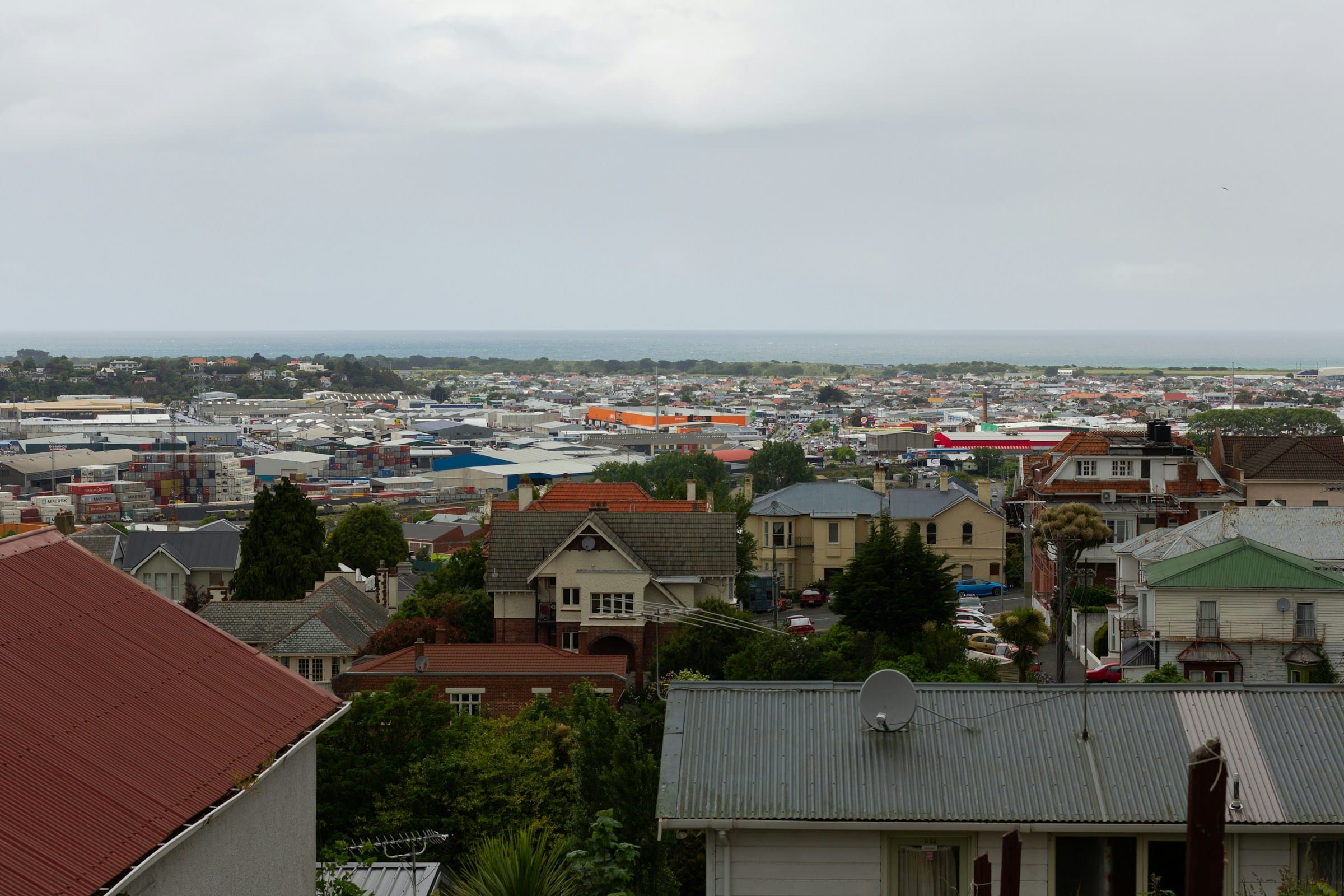What are the economic benefits of converting vacant office space into housing in urban areas?

The evolution of cities is a constant process. As the needs of their inhabitants change, so do their physical structures, adapting to the ebb and flow of urban life. One of the most significant transformations we are witnessing today is the conversion of vacant office spaces into residential units. This adaptation is becoming increasingly popular in major cities, primarily due to the economic benefits it brings to the table.
The State of Office Buildings in Predominantly Commercial Areas
In a world that has seen a significant shift toward remote working and flexible work schedules, vast office buildings, once the heart of bustling commercial centers, now stand vacant for extended periods. In major downtown areas across the globe, these monumental structures, which used to house countless employees, now contribute to the increasing number of unused spaces.
Also to see : How to incorporate biophilic design elements in office spaces to enhance employee well-being?
The commercial real estate market is facing a surplus of empty offices. As the bricks and mortar of our cities lie vacant, they represent both a challenge and an opportunity. The challenge is managing these vast unused spaces, paying for upkeep, security, and tax obligations while receiving little to no income in return. However, the opportunity lies in the untapped potential of these buildings. The trend towards converting these spaces into residential units is becoming a practical solution for urban development and revitalization.
Why Convert Offices into Residential Units?
Office to residential conversions may seem like a radical idea, but they offer a variety of economic benefits. The most obvious is the financial gain. Converting an empty office building into residential housing creates a new, ongoing revenue stream. Instead of paying for upkeep and security with no return, property owners can collect rent from residential tenants.
Also to discover : How to implement cost-effective energy storage solutions in multi-unit dwellings?
Converting office spaces into housing can help breathe new life into downtown areas. In many cities, the downtown area becomes a ghost town after work hours. By converting unused office space into apartments, we can bring permanent residents into these areas. This influx of residents can stimulate the local economy by supporting local businesses, restaurants, and shops, creating a vibrant, 24/7 neighborhood.
The Impact on the Real Estate Market
The conversion of office spaces into housing can significantly impact the real estate market. Given the high demand for affordable housing in urban areas, these conversions could provide a much-needed boost to the residential housing market. The availability of new housing options could help stabilize rental prices, making city living more accessible for various income brackets.
Moreover, conversions could also lead to a reduction in construction costs for new buildings. Rather than starting from scratch, developers can utilize the existing infrastructure of office buildings, which significantly reduces construction costs. Therefore, conversions may lead to more affordable housing options, helping to alleviate the housing crisis in many cities.
Tax Advantages of Office to Residential Conversions
From a tax perspective, converting office spaces into residential units can also offer significant advantages. In many countries, there are tax incentives designed to encourage the conversion of commercial properties into residential ones. These tax incentives can make the conversion process more financially viable for developers and property owners.
In addition to tax incentives, converting office spaces into residential units could also create jobs. The conversion process requires a range of professionals, from architects and engineers to construction workers, boosting the local economy.
The Role of Conversions in Urban Regeneration
Office to residential conversions also play a vital role in urban regeneration. By bringing more people to live in downtown areas, they can help to revitalize these parts of the city. More residents mean more demand for local businesses, services, and amenities, which can drive economic growth and development in these areas.
Furthermore, office to residential conversions can contribute to the sustainability efforts of cities. By repurposing existing structures instead of constructing new ones, cities can reduce their carbon footprint and promote sustainable urban development.
In conclusion, converting vacant office spaces into housing in urban areas presents numerous economic benefits. It can create a new revenue stream for property owners, revitalize downtown areas, positively impact the real estate market, offer tax advantages, and contribute to urban regeneration and sustainability. As our cities continue to evolve, these conversions could play a significant role in shaping the urban landscapes of the future.
The Adaptive Reuse of Office Spaces: The Economic Angle
Amidst the growing trend of remote work, the concept of adaptive reuse of office buildings has gained considerable attention. More than just a lofty architectural concept, adaptive reuse is a practical answer to the question of what to do with the increasing number of vacant office spaces in urban areas. From an economic standpoint, the transformation of office buildings into residential units brings with it a bevy of benefits that could shape the future of urban development.
Adaptive reuse in the context of office to residential conversion involves repurposing these buildings into liveable spaces. This process is no minor undertaking. It involves architectural redesign, construction, and renovation work to ensure that the transformed spaces are suitable for residential life. The substantial economic advantage of this lies in the fact that such conversions utilize already existing structures, hence eliminating the need for land acquisition and costly ground-up construction. This factor alone represents substantial savings for real estate developers and investors.
Moreover, the adaptive reuse of office spaces breathes new life into commercial real estate properties that would otherwise remain vacant, thereby reducing the financial burden associated with maintenance, security, and taxes. Instead, these transformed spaces can generate a steady stream of revenue through rent collection.
The conversion of office buildings into residential units also adds to the housing stock, providing more affordable housing options, especially in urban areas where housing demand often outweighs supply. This increase in supply could, in turn, stabilize rental prices, making urban living more accessible and affordable.
The Future of Office Residential Conversion: A Sustainable Solution
Looking forward, the conversion of office spaces into housing units promises a sustainable solution that aligns with the global drive towards minimizing environmental impact. As a strategy that leverages existing structures instead of erecting new ones, it significantly reduces the carbon footprint associated with traditional construction methods.
This approach to urban development also plays a crucial role in urban regeneration. By transforming vacant office buildings into bustling residential spaces, we are effectively infusing life back into the city’s commercial heart. This influx of residents can significantly stimulate the local economy by increasing the demand for local businesses, shops, and restaurants, thus creating a vibrant, thriving neighborhood all day long.
In addition to regenerating urban areas, office residential conversions also have the potential to generate employment opportunities. The conversion process from office spaces into housing units requires a wide range of professionals from architects and engineers to construction workers, thereby contributing to job creation and economic growth.
In conclusion, the conversion of vacant office spaces into housing units presents a robust economic and sustainable solution to the challenge of unused commercial real estate. From generating a new income stream for property owners, stabilizing rental prices, providing more affordable housing options, to revitalizing urban areas and creating new jobs, the benefits of office residential conversions are manifold. As we move towards a future of sustainable urban development, the adaptive reuse of office buildings into housing units will undoubtedly play a pivotal role in shaping the urban landscapes of tomorrow.
